Tuesday, May 7, 2024
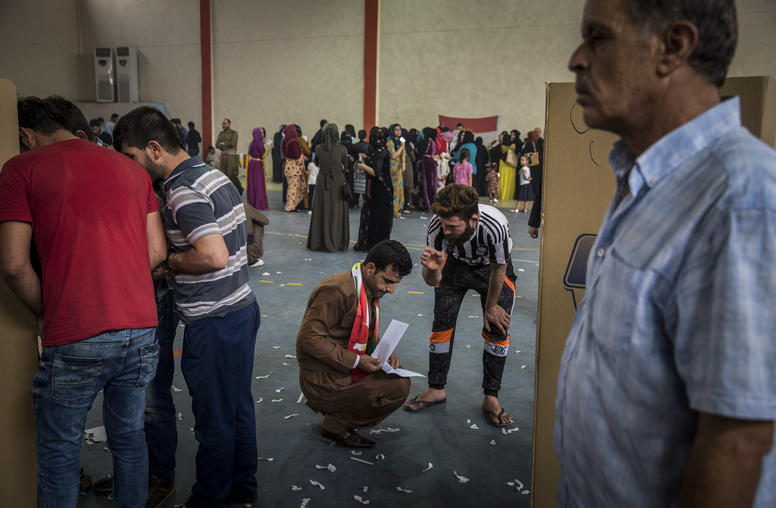
Iraq Danger Grows After Kurdistan Independence Vote
Iraqi political leaders in Baghdad and Erbil, the Kurdistan regional capital, have escalated their rhetoric this week, as Kurdish officials reported 92 percent approval of the Sept. 25 nonbinding vote on independence for the region. The verbal volleys and intensifying actions risk triggering another outbreak of violent conflict.
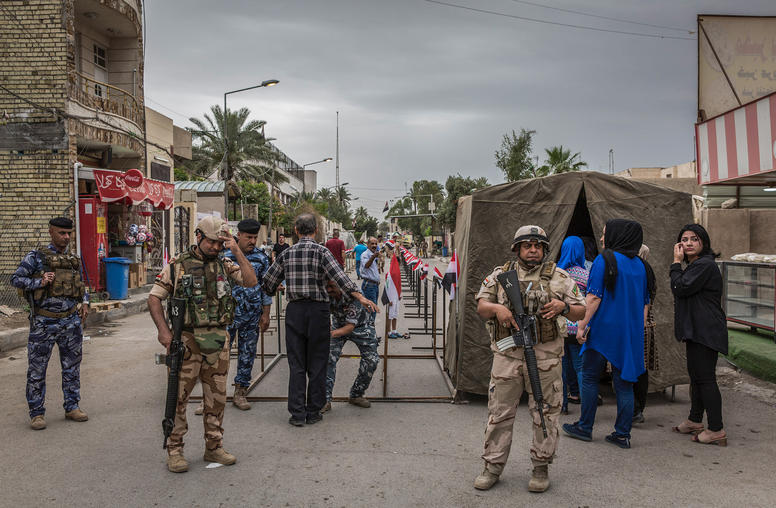
When are Elections at Risk for Violence?
Elections Wire is a new monthly resource from the U.S. Institute of Peace with news and analysis on elections at risk of violence. The challenge we aim to address is simple: Elections in emerging democracies or countries with ongoing or recent violent conflict are often associated with a unique risk of election violence.
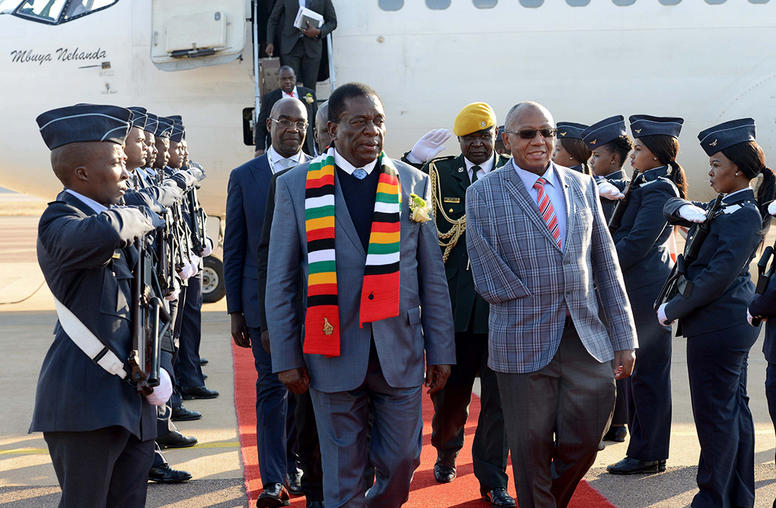
Military Crackdown Mars Zimbabwe’s First Post-Mugabe Election
Over 80 percent of eligible voters participated in Zimbabwe’s July 30 polls—a tense, reasonably competitive, and possibly historic election. After 37 years of authoritarian rule under former President Robert Mugabe, there was hope for a break with the past, with a halt to the political oppression of opposition members and civil society. But fears loomed large of a return to tyranny when protesting opposition members faced a violent response by the Zimbabwean army shortly after Election Day.

The Latest @ USIP: U.S.-Australia Cooperation in the Pacific Islands
Spanning a vast part of the globe, the Pacific Islands are neighbors to both the United States and Australia — which makes their security and prosperity deeply intertwined with our own. Pat Conroy, Australia’s minister for international development and the Pacific, discusses how the United States and Australia can work together to deliver on our commitments to address the region’s most pressing challenges such as climate change, economic growth and stability.

Ask the Experts: The Genocide Convention 75 Years On
Since the Genocide Convention was introduced 75 years ago, the crime of genocide has become so well known and so well understood that the international backlash is nearly instantaneous — and holding perpetrators accountable for this crime is foundational to many international judicial systems, from the tribunals for the former Yugoslavia and Rwanda in the 1990s to the prosecution of the Khmer Rouge in Cambodia. USIP’s Andrew Cheatham spoke with David Scheffer, the former U.S. ambassador at-large for war crimes issues and professor at Arizona State University, about the history of the Genocide Convention and the mechanisms by which genocide and other atrocity crimes are prosecuted.

The Latest @ USIP: How to Address Sudan’s Humanitarian Crisis Amid War
Nearly nine months into Sudan’s civil conflict, the fighting has not only upended daily life across the country, but also disrupted Sudan’s already shaky economic and social services — leaving millions in need of dire humanitarian assistance. Patrick Youssef, regional director for Africa at the International Committee of the Red Cross, discusses how the conflict is affecting Sudan’s civilian population and why some sort of agreement between the warring sides is the only way to safely clear avenues for humanitarian intervention.
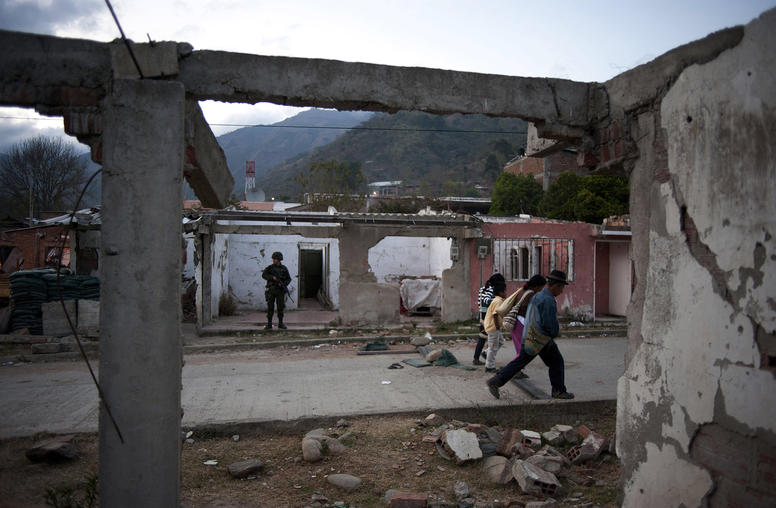
Women Build Peace in Colombia’s Turbulent Pacific Region
Colombia’s most violent region is its Pacific coast, where smaller rebel forces and criminal groups kill or abduct those who challenge their control. Across this mainly rural zone, young women peacebuilders are reducing violence in their communities and repairing social fabric torn by generations of bloodshed.

The Latest @ USIP: Grassroots Efforts to Address Sudan’s Humanitarian Crisis
More than half of Sudan’s population of 46 million is in need of humanitarian assistance -- and less than a quarter of them are actually receiving aid amid the country’s civil conflict. Sara Pantuliano, the chief executive for the Overseas Development Institute, discusses the current crisis in Sudan, why Sudan is important for global peace and how grassroots organizations in the country can help deliver aid to places that international organizations cannot reach.
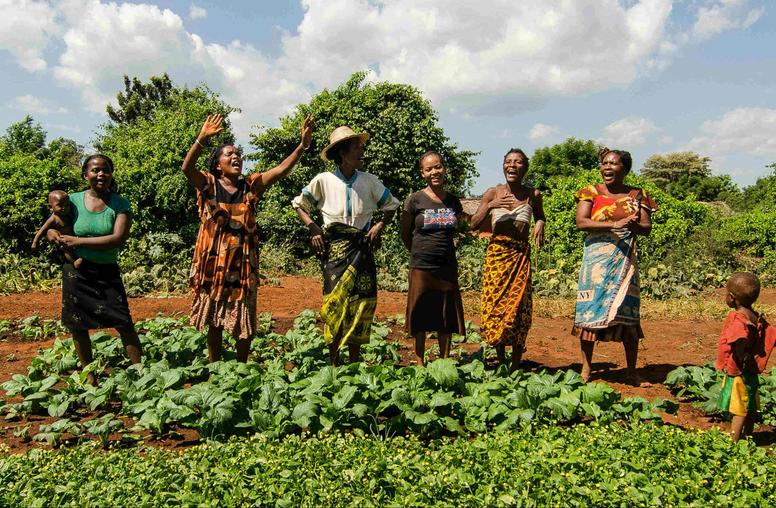
Marking Progress on International Women’s Day
The annual celebration of International Women’s Day engages citizens from all corners of the globe to recognize how far women have come in society—and how much more needs to be done. Next year marks the 20th anniversary of the implementation of U.N. Security Council Resolution (UNSCR) 1325, a time for the international community to analyze the impact of the Women, Peace and Security (WPS) Agenda.
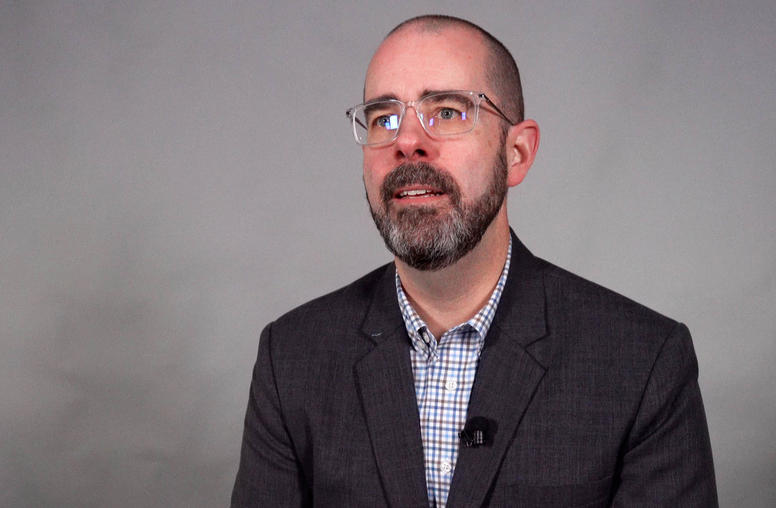
USIP Explains: How Religious Freedom Promotes Peace and Security
In almost every society, religious belief can guide the actions of people in both positive and negative ways. For peacebuilders, it’s important to understand the religious landscape in communities affected by conflicts and violence. USIP’s Knox Thames discusses how promoting openness to freedom of thought, conscience, religion and belief can help de-escalate violence and lead to better stability and security.
